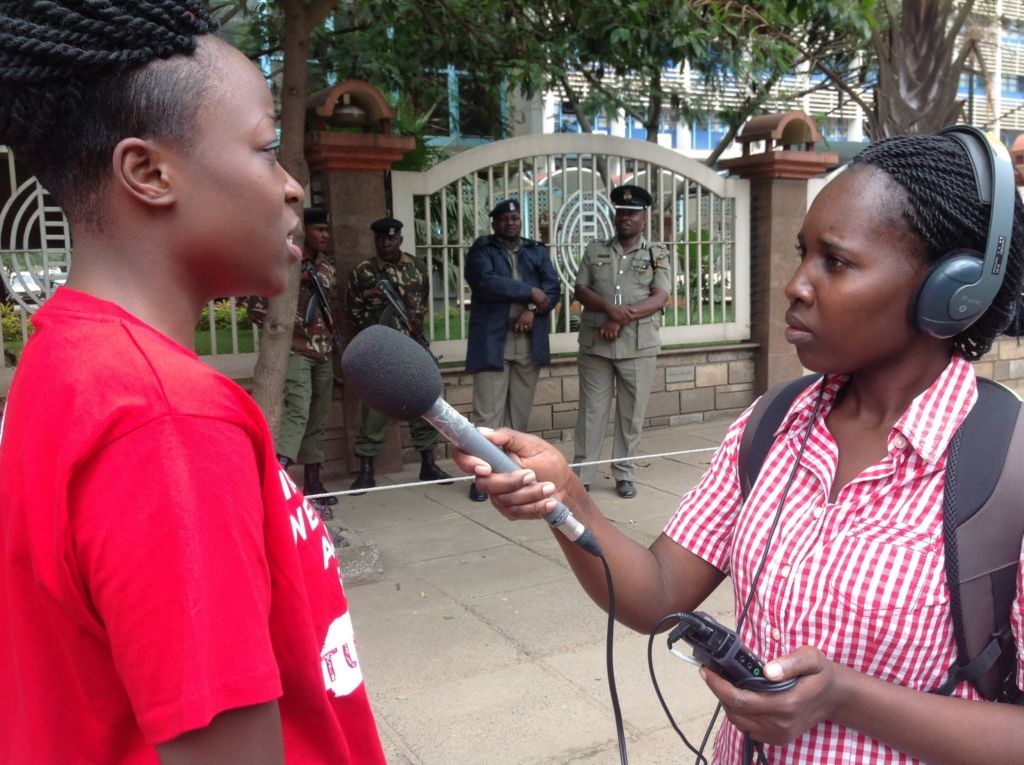
Analysis: “Coronavirus” and “COVID19” pandemic are now key words in most of our conversations. It is almost impossible to write a news story without finding how it links to the pandemic. Business news, politics, and sports all have to be hinged on the global health crisis.
Reporter’s scripts across the globe have been synchronised into numbers of infections, deaths, and recoveries. Governments have become a key source of news and in many instances the only source. Journalists have to rely on frequent press briefing from the political leadership and their appointed bureaucrats. In Kenya as many parts of the world, the frequency of news bulletins increased as per the need of governments to release new information to the public. Social media became awash with misleading information and soon lost its glimmer as the alternative or the channel of dissent.
The complexity and uniqueness of the pandemic did not only present global health systems with shock but journalism alike was thrust into an unorthodox space for storytelling. The strict rules of lockdowns, curfews, social distancing, and disruption of public transportation isolated news sources from the reach of journalists. Frontline medical workers, convalescents, and quarantined people could have been alternative and additional sources. However, the public health guidelines in place delayed a reach to these sources and some instances cut them out completely from being part of the story.
At the same time, many newsrooms adopted working from home while only skeleton staff went to work physically. The demand for information on COVID- 19 meant little time to do in-depth journalism. Scientific knowledge of the virus has not been within quick access due to the novel nature of the disease. This further thinned out sources of information for journalists.
Government departments seemed to the last source standing. While this gave a sense of authority to the information released to the media, dissenting voices became a target. Individuals who raised contradicting views were easily branded as fake news mongers and at times met with a harsh response.
The most recent survey from Infotrack, a Kenyan research firm, revealed that news media trust came second to the government while social media dropped to the bottom with only 35% of respondents crediting the platforms’ trustworthiness.
Journalism has endured a tough terrain with eroding trust and blame for overfeeding audiences with bad news. Many may argue on the point of what makes news. Universally, bad news is news. A section of audiences got fatigued with the bleak news of the virus. News media became a victim of backlash for a population suffering from fear and anxiety over the unbearable impact the pandemic has on their lives. It is fair that at a time like this, the masses need relief from bad news, but journalism doesn’t have to be tasked with the search for solace. At the core of the craft is to hold power to account to alert audiences of any deviations from the course of the public good. Naturally, this is packaged as bad news.
Timely and truthful information from the news media is vital for triggering change. In countries where the media operates freely, journalism is often hailed for provoking change in public matters of governance and accountability. The Coronavirus continues to present our world with unrivalled obstacles. The social and economic lives of entire countries and individual citizens have been thrust into deep uncertainty. The media and journalism industry will not grope its way of out the challenge but has to take off the blindfold and fearlessly reclaim its trust and duty to the audiences.
—
By Frenny Jowi, Project Officer at Media Focus on Africa
